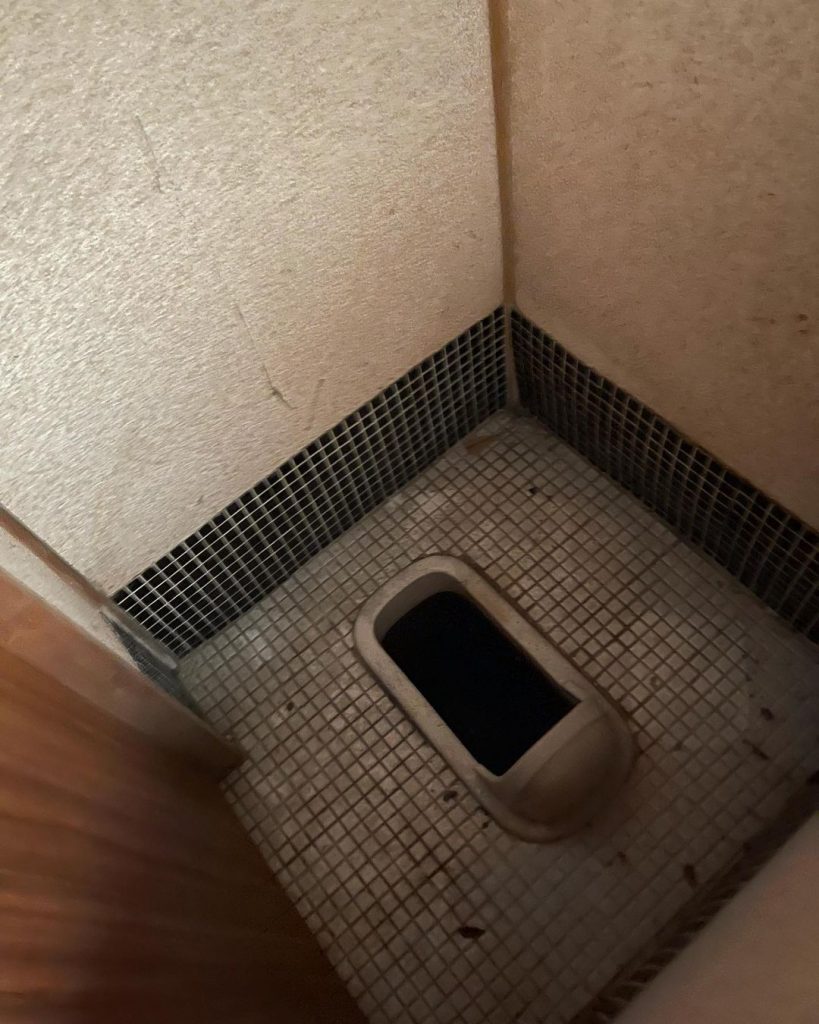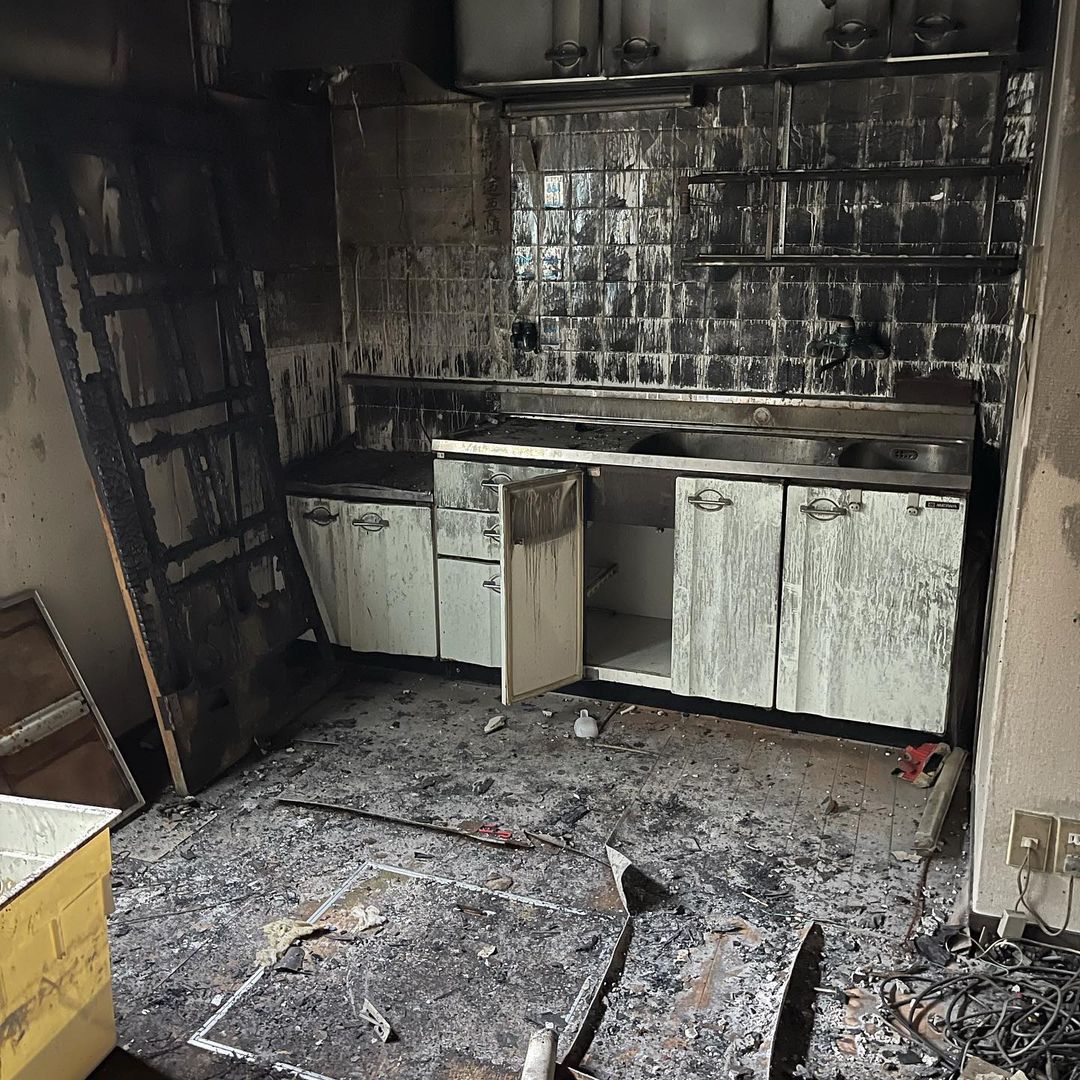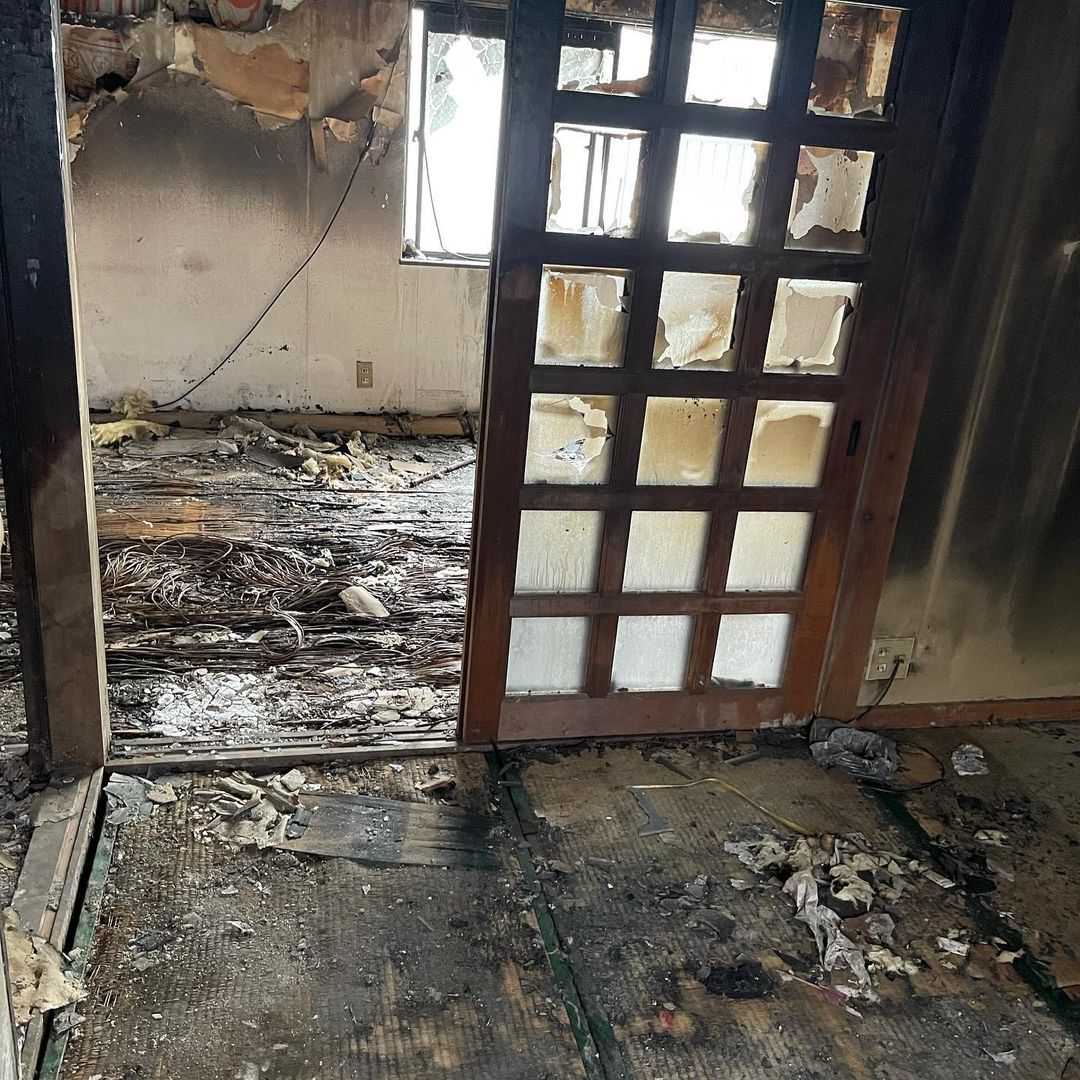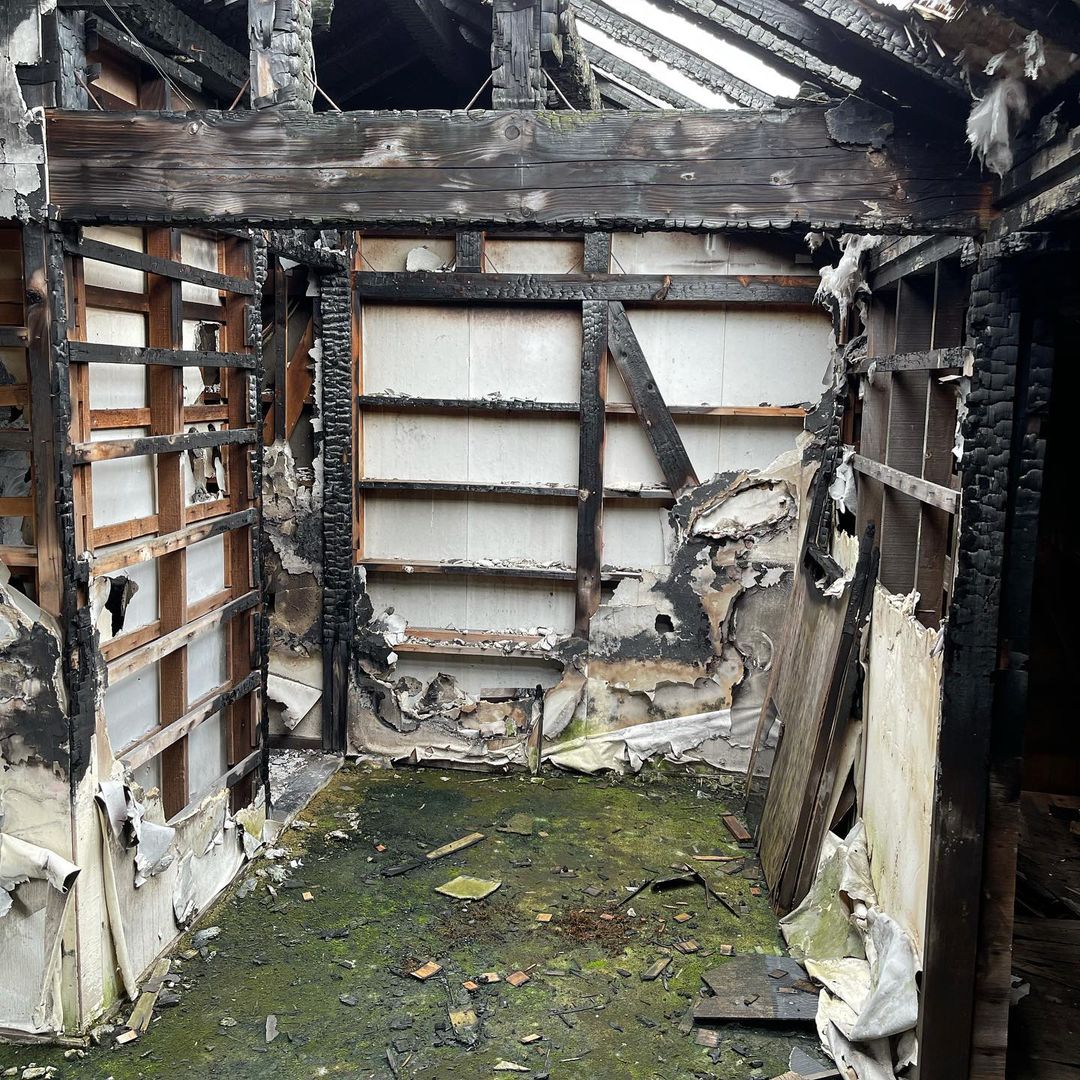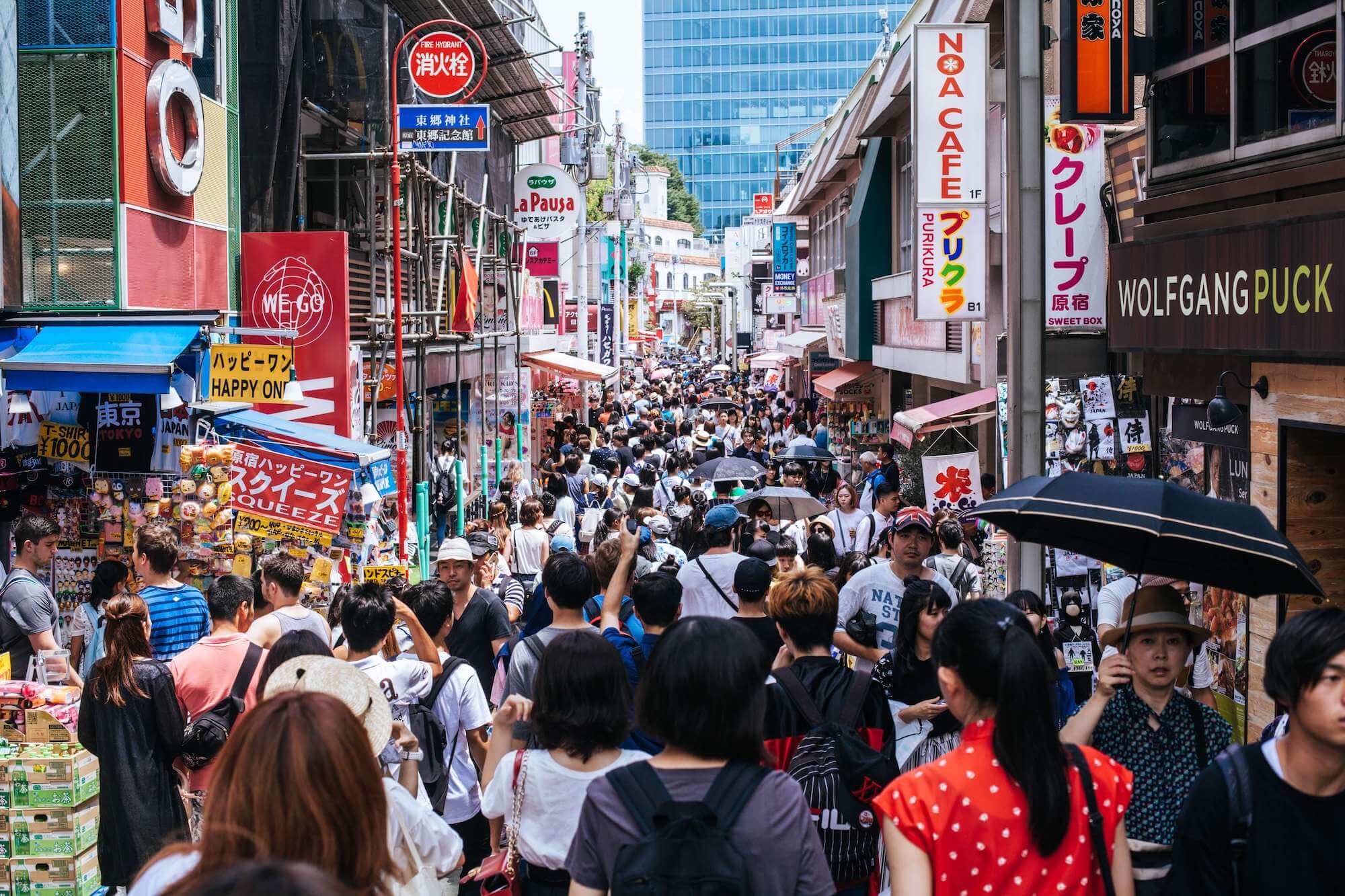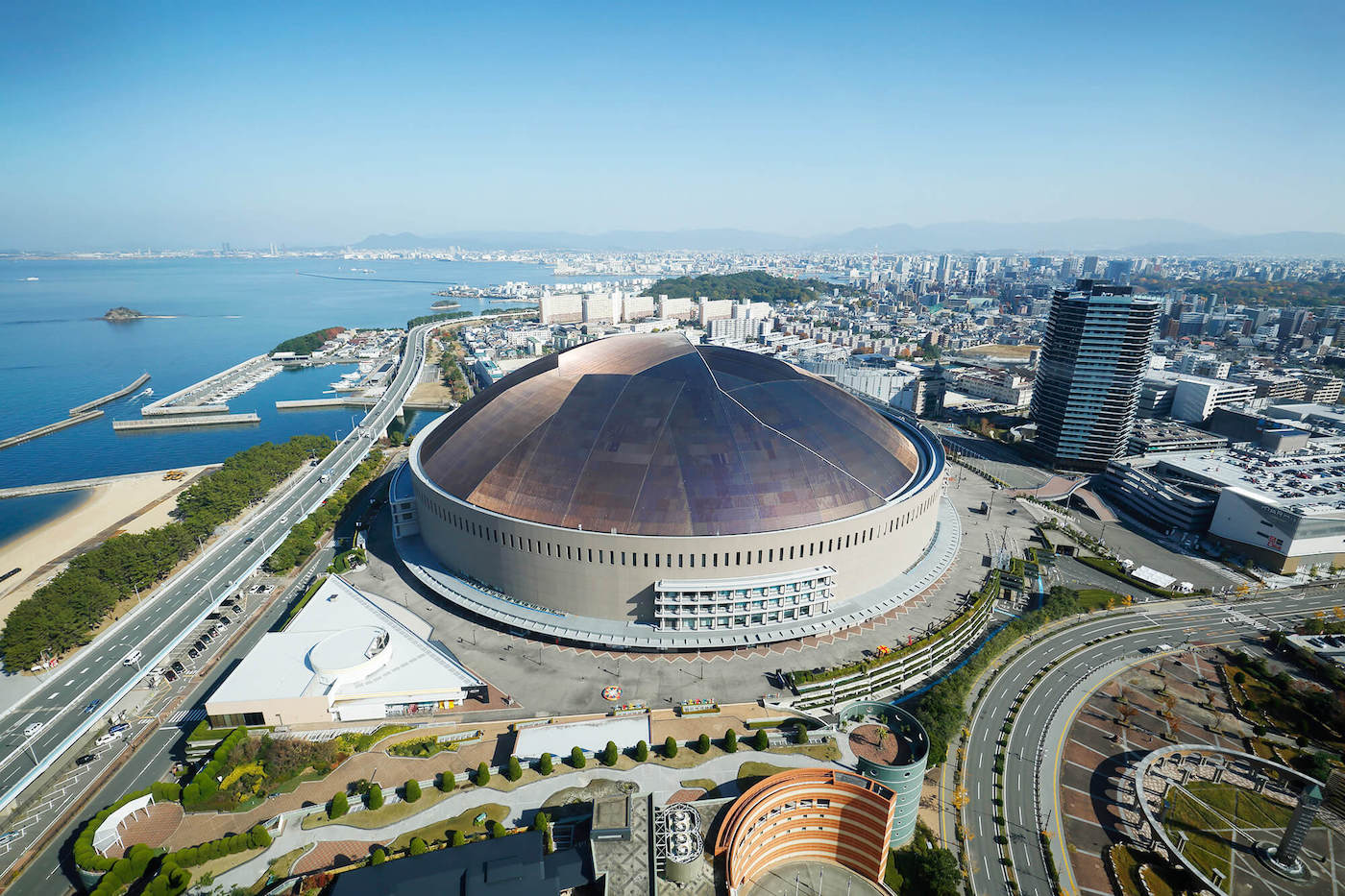Read our first post about Akiya here: Japan Is Giving Away 8 Millions Abandoned Homes For Free
Table of Contents
The Dream of Owning Your Own Home in Japan

Who wouldn’t want to live on a beautiful, traditional Japanese street like this?
For many people (maybe including yourself), the idea of purchasing your own house in Japan sounds like a dream come true. Japan is a beautiful country, with modern conveniences, kind people, and fortunately Japan allows foreigners to purchase property. Not only that, but you may have heard about Japan’s issue of abandoned houses or Akiya.
They are basically giving away these homes right? Who wouldn’t be happy to raise their hand and say “I will happily take this beautiful Japanese home” ? Well, as much as the homes do exist, there are reasons these Akiya are Akiya. I am currently in the process of buying and renovating my own, so strap in for my experience with the process so far.
My Experience so Far…
I will give a quick backstory about my “Akiya Hunting” process so far. I have been looking for a house I would be able to buy for the past 2 years. The first year was somewhat casual, while the second was more serious as I had moved money to Japan for the purpose of buying an abandoned house.
There are a number of websites you can use to find Akiya, but typically you can search on real estate websites that have an Akiya section, such as https://www.homes.co.jp/akiyabank, or directly from city websites, as many have a dedicated section for housing where they may list abandoned houses or reference their Akiya program.
Here is a daunting list of Akiya sources from across the country: https://greenpt.mlit.go.jp/doc/vacanthouse_list.pdf .

A very common style of house. Not the traditional charm of Japanese Machiya you may be used to, but these are very common.
Depending on which avenue you take, you may be dealing directly with a real estate agent, or you will be going through a city representative where you may need to register for their system. I have experienced both. Some real estate agents have been nice to work with, others less so. Some city representatives were also easy to work with, while others were bureaucratic and didn’t seem to offer any value in the process as I was then passed off to a “real estate agency”.
I Found a House
“Wait, why is “real estate agency” in quotes?” Well this leads me to my current situation. I found a house via a city Akiya bank program. I needed to apply to register with the city, and although it was a slight pain for a few reasons (involved a few trips to the city hall, an incorrectly sent form to my address due to an apparent typo by city hall, and only communicating through phone calls with the apparent refusal to communicate by email) I was able to properly register. I was then informed the “real estate agency” would contact me. 2 weeks later, no word, so I would follow up and was told to “please wait a little longer.”
2 weeks later, no word. At this point I called again and asked for the contact information for this company so I could reach out to them directly. Finally, I could move things forward. After googling the phone number I was given, I quickly learned this “real estate agency” is not a real estate agency, but a renovation company.
*As a side-note, I have spoken with other real estate agents at this time who told me they were unable to represent this house.

You’ll find some houses like the brown one here. About 50 years old, in the city, but I can promise even if this house was abandoned, it will not be as cheap as some websites say.
After finally contacting this renovation company, I went in person to make an appointment to see the house. The appointment was set, and my girlfriend joined me to give her opinion as well on the house. As we were ready to leave the office, they were unable to find the key for the house and the viewing needed to be rescheduled.
A week later I was able to see the house on my own with the real estate agent. She was very nice, we talked about the house, and had some casual conversation. No issues there, things are starting to turn around. I did want to see the house one more time with my girlfriend as I think it’s good to have a Japanese perspective.
Read also:
Japan is Giving Away 8 Millions Abandoned Homes for Free – Here’s How to Get Yours
Say Hello To the Shacho
This second viewing, the Shacho (company president/owner) joined us. While the previous real estate agent was quite friendly and positive. Shacho was less so. Some of the information he provided did not match what the real estate agent said. The person selling the house and the reason for selling the house differed between the two.
After viewing the house, I called shortly after to let them know I wanted to purchase the house, “just let me know when to come start looking over paperwork and get the ball rolling”. I was able to speak with the Shacho and was a little disappointed to hear that he wanted to request some time before we could go ahead. This seemed unusual as he had mentioned that the seller wanted to sell the house very quickly, but fair enough, it may simply mean they need to get the paperwork in order.
Two Weeks Later
Fast forward two weeks and I have still not heard any updates from the company. You may be noticing a pattern with communication. I decided to go visit the company handling the house to make sure everything was ok and see if we could begin some paperwork.
At this time I have not received any paperwork to look over and everything has been verbal. As you might imagine, this seems quite unusual and concerning. I was able to sit down and have a conversation with the Shacho. He assured me everything was fine and would just take a little more time as they needed to survey the land and do further paperwork as it was such an old house. I left the office with little more information than I already knew, no documents, and no timeline.
Another Two Weeks Later
Let’s jump ahead another two weeks with no response from the company handling the property. At this point I am trying the “squeaky wheel gets the grease” method. I’ll be honest, I don’t like being a squeaky wheel, but I have limited faith that this property, and myself are a priority for this company, and I’m not sure how much communication I will receive otherwise.
I have now spoken with this company twice, expressing my interest to get the ball rolling. Admittedly, my Japanese is far from perfect and this is why I tend to go into offices to have face-to-face conversations as it is much easier than phone conversations. I asked my Japanese girlfriend if she would be able to call the company and ask for any updates and when things would move forward. She was assured my name was in their notes for the house and that they needed to do a survey and some paperwork to make sure everything was handled correctly. She spoke to the Shacho and he informed her that it would potentially be 6 months before anything could go ahead. Supposedly he told me this when I last spoke to him. My Japanese is certainly not fluent, and the older generations can be more difficult to understand for me, but I am confident that there was no mention of 6 months.
Another Dead End
Following this, I had reached out to another foreigner run real estate consultation company here in Japan. I had posted in a community I am part of and one of their members mentioned they may be able to provide some assistance as the 6 month timeline sounded very long. I had a quick meeting with them and although they had some good input and felt confident they could move things along quicker, in the end it seems they wouldn’t be able to help as I had already spoken with the current handling company and it is an unwritten rule that another representative wouldn’t get involved (I’ll leave a note about this at the bottom of the article).
This brings us to now. It has been several weeks since that last update, and I still have no paperwork or real commitment to go ahead with the sale. To say the process has been frustrating is an understatement.
The Potential Pitfalls of Buying an Abandoned House In Japan
All of my current story aside, here are a few other things to keep in mind when looking at Akiya. There are many risks of buying an abandoned building, but the benefits can potentially outweigh these risks, which is why I have decided to go down this path. You should be aware of the problems that can arise after buying an abandoned building. An obvious one of these is that it may need a lot of fixing up before it can be lived in safely. Also, there can be hazards to your health and safety, such as mold. There are ways to limit the risks by doing research before purchasing any property, but I’ll cover some of the main issues you may be facing when looking at these houses.
This ones looking a little rough, but only $44,000 USD (Credit: riverisland0707)
Damage to the Building
It may not be surprising to hear that some of these houses are damaged, and you might expect that. Some may have minimal damage and it’s only cosmetic so you could easily fix it, but it is entirely possible it is more serious. Common examples would be:
- Mold – Potentially not the worst thing and it could be cleaned, but moisture can be a real problem in Japan and most older houses have little protection against it aside from airflow and some traditional materials that help absorb and release moisture (essentially walls made of mud and possibly a limestone plaster).
- Termites – I’m sure we have all heard of termites and the threats they pose. They are a problem in Japan and if you have any reason to think there might be a termite problem, it may be best to stay clear. I remember viewing a house (actually not abandoned yet) and while walking around in a few places, I was slightly concerned my foot would break through the floor. Was it because of termites? I don’t know. It may have been water damaged wood that had rotted, it may have just been old and could be easily replaced. I was not able to go under the house to see, but if you can look under the house (many have a little hatch) it’s a good idea to at least try to look around underneath and see if things look ok.
- Earthquakes – Japan is very earthquake prone, this should not be a surprise. This can have a few effects on houses. There may be cracks in the side of the house, the structure could have been compromised, or the entire house could be slanted. I remember viewing a house and when going up to the second floor, I genuinely felt like the house was falling over. It wasn’t enough of an angle where I couldn’t walk, but enough that it did not feel right.
Some slight “heat” damage, hopefully you like the charred style because this property cannot be rebuilt due to restrictions. (Credit: riverisland0707)
Location
There’s so many abandoned houses in Japan, you may imagine you will be able to find one just about anywhere in the country. To be honest, you probably can. I constantly see abandoned buildings and homes, even here in Kyoto where I live. So why don’t I buy one?
Usually, the Akiya you will find in desirable locations are very damaged and potentially falling down and unlivable or you simply don’t know who owns the house and it can be difficult to find out. You can also find some that are in good condition, but those $500 or free homes will not be found here. Those that are in better condition will still be old, and not as cheap as you think. There are reasons that they have not sold yet. Some of these reasons may not be an issue for you, but they are still something to keep in mind for your future of owning property in Japan.
Most of these homes will be found in the countryside of Japan. Personally, I like living in the countryside, but if you plan to buy a house there (particularly an Akiya), it may be necessary for you to drive. A number of countryside towns in Japan are accessible by train, but many are not, and these Akiya are more likely to be farther away and potentially in the mountains. This can put you quite far away from supermarkets, banks, and all of the conveniences many people love about Japan.
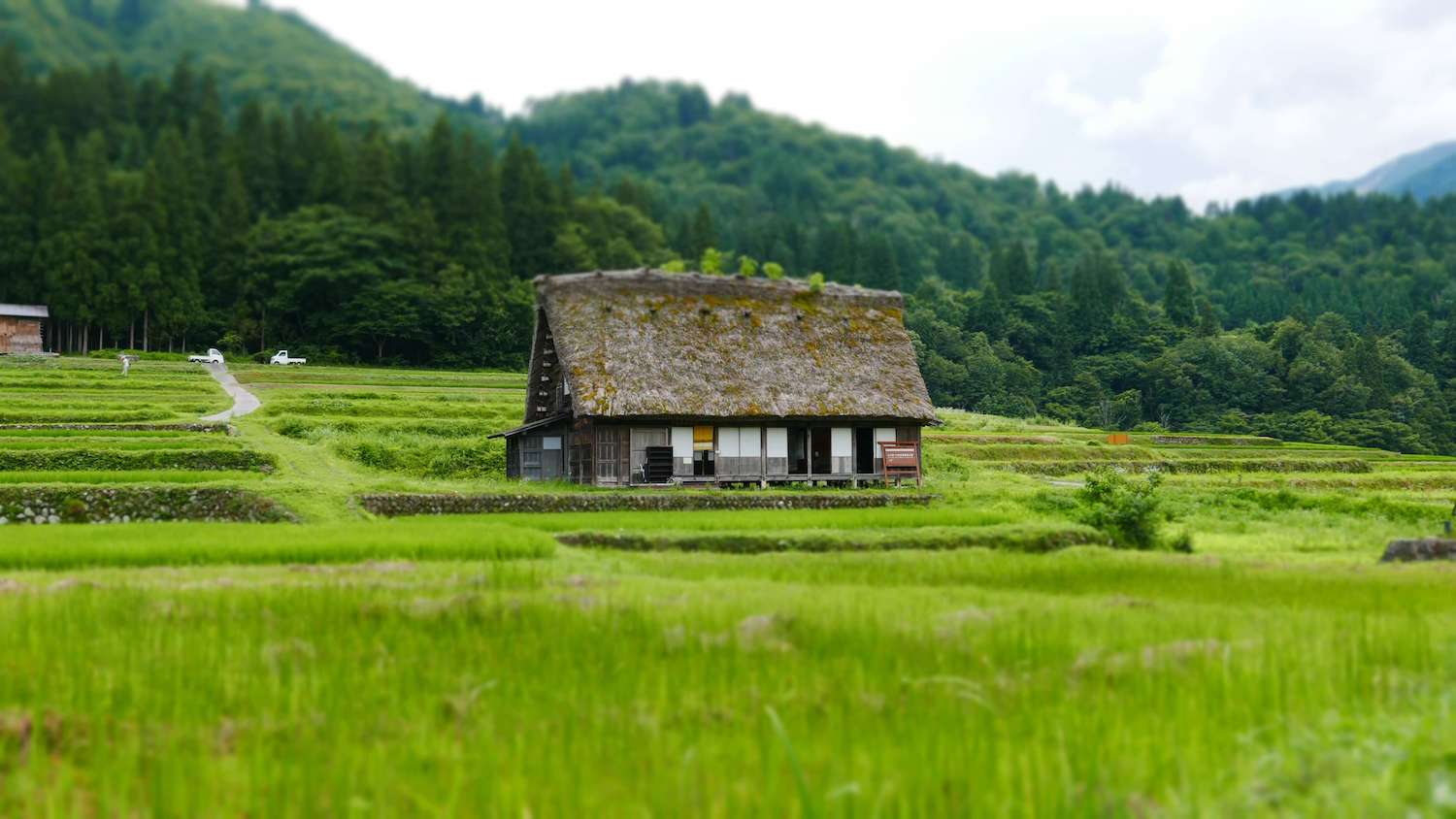
It’s a nice view, but remember that being able to live in nature means being away from all those things that make life easier. Especially if you are not from Japan.
Even if you don’t mind being far away from modern day conveniences, it is entirely possible your home will not have some of the amenities you are used to. There are a number of older Japanese homes that do not have modern day plumbing. Some still have a cesspool (similar to an outhouse, but connected to the house), and this can lead to unpleasantness such as smell, not being able to flush, and needing to have the area pumped quite regularly.
It is also the norm to have very little in the way of insulation. While even now with newer Japanese homes, most of the heating and cooling is done room by room, but particularly in older homes they are prone to being heavily affected by the outside temperature and can be very drafty.
Maybe you are thinking that none of these things are big issues. Your goal is to buy one of these Akiya as a vacation home and you can enjoy the rural areas of Japan and it may be similar to a cottage vacation. This sounds like a great idea, but I would strongly suggest you find someone nearby the house who could maintain it for you. If you do find a home within a city, this will likely be less of an issue, but in the countryside, as I mentioned previously, mold is an issue. Plants also grow very fast. It doesn’t take long for your home to be overrun with plants.
It’s best to have a local friend, or better yet, hire someone to manage this for you when you are not around. If not, the house will likely deteriorate further, or you will be spending all of your time there recovering your house from nature. The other alternative is to add dehumidifiers, vapor barriers, insulation, and all sorts of modern additions to improve the house. At that point, it may be easier to build or buy a new house.
A lot of the issues mentioned above can be made worse by being in an isolated location. You will likely have less options to connect to public services, or it will be more expensive to update your home as it is farther away from everything.
Should you Buy an Akiya?
After reading my experiences and some of the pitfalls of buying a Japanese Akiya, do I think you should give up on it? Nope. Do I think you should buy an Akiya? Maybe.
There is a lot to consider when trying to buy one of these Akiya. Language issues, location issues, condition issues. I do think if you can find an Akiya that suits what you’re looking for, it can be great. I fully support saving older buildings, especially traditional Japanese buildings. I personally think it can be wasteful to simply leave them to deteriorate or tear down homes just to build new ones. I am always happy to see beautiful traditional homes given new life in the modern age. There are many articles out there telling you there are free houses that the Japanese government will give you. I only want to shine some light on the reality of the situation and my personal experiences in buying and renovating a Japanese Akiya.
*Note about other companies not getting involved –
It is quite common for one real estate agent to represent both the seller and buyer and I believe as a result, receive double commission. This is likely the “unwritten rule” where although I would like to have some official representation from a Japanese company, they don’t want to interfere with the handling company getting their commission. Even though I am unhappy with their performance.
Be sure to follow us on Facebook, Instagram, Twitter, and Pinterest for more fun stuff! Matane!

Matt Heron
With an unending fascination for the nuances of Japanese culture, Matt is a Canadian who's been exploring the Japanese countryside and experiencing Japanese daily life. With long-term plans to stay in Japan he started SpringSakura.com and has taken particular interest in traditional craftworks and sharing real Japan with others. .





